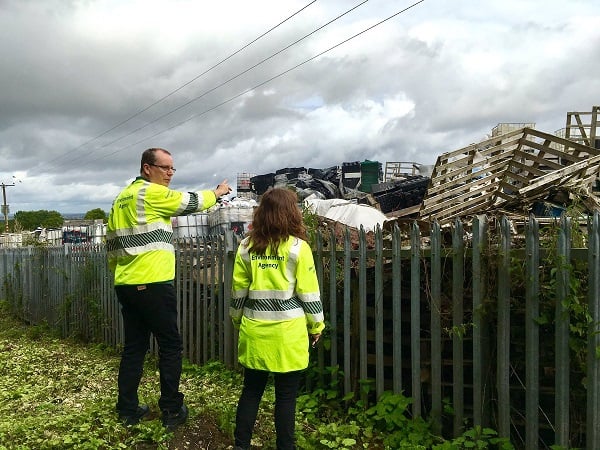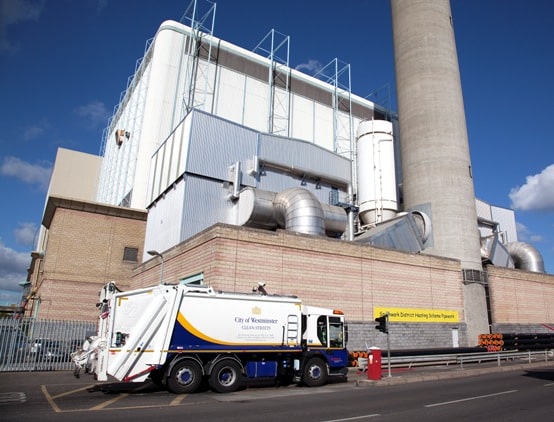Proposed new measures “to rid the country of waste crime” include better intelligence sharing, tougher penalties, more awareness of the rules around waste movements and digital records.
The strategy says that motivators for waste crime are often financial. “A waste operator can evade a significant portion of their landfill tax liability by misclassifying waste… people may find the cheapest option is hiring a fly-by-night contractor to take their waste.”

Now, Defra pledges that its new approach will prevent, detect and deter waste crime. At the heart of this is a consultation on regulatory measures to update and replace existing regulations. The aim is to ensure waste is “carried, brokered or dealt” by bona fide, properly regulated companies.
Consultation
A consultation will be launched on measures to tackle waste crime including:
- Improving the performance and credibility of the carrier, broker, and dealer regime, and consolidating it under one regulatory system;
- Mechanisms to ensure waste is properly and consistently described through the resource chain;
- Looking at the technical competency requirements of those who transport, manage and describe waste;
- Exploring ways to improve the quality of wastes exported for recycling, for example through
increased monitoring of international waste shipments - Enabling the Secretary of State to direct waste carriers to collect and transport waste in
emergency situations
Exemptions
Exemptions are to be tackled with operation conditions amended to make it easier to spot and stop illegal activities. Other exemptions are to be removed so that these activities require a full permit. Defra also restates plans announced in the Budget to link tax registration with the licence renewal processes for waste carrier.
And, the strategy also talks about moving towards the digital recording of waste movements. Defra is going to fund the development of proof-of-concept models for the digital recording of waste movements in early 2019, financed through the Gov Tech Catalyst competition.
Agency welcome
Sir James Bevan, chief executive of the Environment Agency, said: “We support a circular economy and welcome the resource and waste strategy that will help us all deliver it.
“The plan embodies a solid commitment to tackling serious and organised waste crime, which drains the economy and blights communities.
“Last year, the EA closed down over 800 illegal sites and carried out 93 successful prosecutions. The strategy sets to build on our successes, with additional resources, better innovation and improved partnerships across government and enforcement agencies.”
Landfill and Incineration
There are few new policies with regard to landfill in the strategy. While landfill is recognised as having a role, the aim is to reduce landfilling. Defra also says it is going to explore the potential option for landfill tax receipts to be given to the Environment Agency to tackle waste crime work, but no detail is given on whether the Treasury might think this is a good idea.

The UK is to match or go further than the European Union’s circular economy package proposals, and this currently sees a plan to reduce the amount of waste going to landfill to no more than 10% by 2035.
Should wider policies fail to deliver the government’s waste ambitions in the long-term, an incineration tax may be considered. But, the strategy appears to have effectively ruled out the tax for now, especially as it notes that it would have an impact on local authorities.
On using heat from incinerators (usually known as energy from waste plants) Defra says it will work with the Ministry for Housing, Communities and Local Government over planning policies to support guidance in the strategy which aims to get the heat from the plants used locally to them.









Subscribe for free